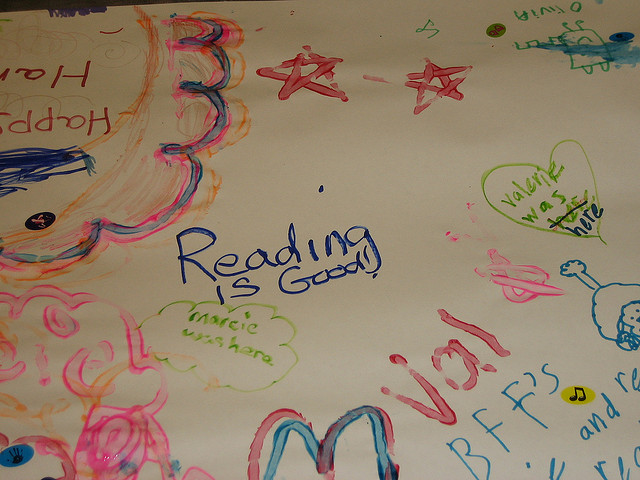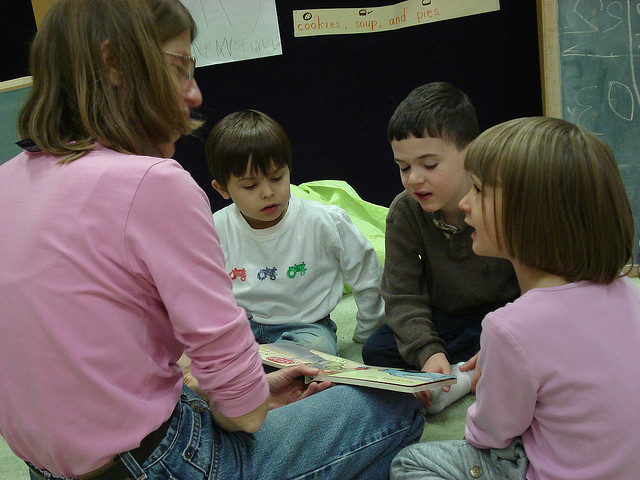Summertime is upon us! The school year is coming to an end and our favorite summer activities are right around the corner: Running barefoot through sprinklers, savoring a neon-colored snow cone and sitting in the shade of a favorite tree with a good book. What could be better?
Even though school is letting out, children can strengthen their literacy skills with summertime literacy programs, available through local libraries, community centers, schools, bookstores and even online. Bilingual children, in particular, can significantly improve............. CONTINUE READING
June 12, 2012




